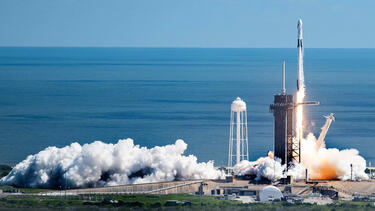Technology
How Millions of Simulated Maps Can Help Us Make Electoral Districts That Feel Fair
Part of resolving the political redistricting stalemate, writes Professor Jamie Tucker-Foltz, is creating congressional maps that align with human intuition about fairness.

Has the CRISPR Revolution Arrived Yet?
The first drugs using the CRISPR technique are approaching the market, with the potential to transform the lives of people with certain genetic illnesses. We talked with Dr. Greg Licholai about the state of the technology.
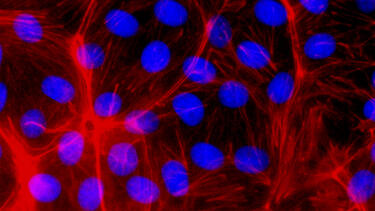
Can AI Help Design a More Appealing Car?
Designing a new car is expensive, time-consuming, and risky. In a new study, Yale SOM’s Alex Burnap shows how machine learning can identify promising models and help designers generate new designs.

A Wave of Acquisitions May Have Shielded Big Tech from Competition
According to a new study co-authored by Florian Ederer, the fraction of startups that are acquired has skyrocketed, eliminating many potential competitors of big tech firms.

Putting AI on Every Team
Is artificial intelligence ready to become a standard business tool? McKinsey’s Bryce Hall ’12 says that combining human expertise and judgment with AI’s data-driven recommendations is a challenging but powerful way to deliver business results.

R&D Investment Can Have Multiplier Effects—If It’s Made in the Right Industries
A new study co-authored by Prof. Song Ma finds that allocating research funding to certain scientific fields can have long-term ripple effects across sectors and countries.
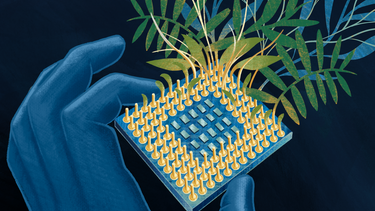
The Balloons Signal a New Age of Mass Surveillance
Prof. Paul Bracken, an expert in global competition and strategy, says these encounters reveal an urgent need for citizens and governments to catch up on how much we’re already being spied on.
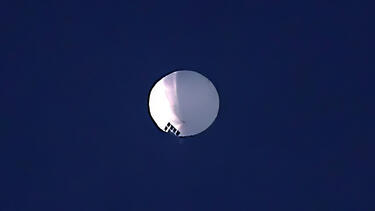
How Satellites Can Help Win the Climate Fight
Satellites can track methane leaks and other greenhouse gas emissions back to the source. We asked Karen Jones ’89, senior technology strategist in the Center for Space Policy and Strategy at The Aerospace Corporation, what it will take to act on the insights offered by space technology.
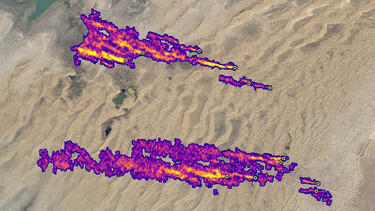
Building Trust with the Algorithms in Our Lives
Consumers are wary of the recommendations made by algorithms. But according to new research co-authored by Yale SOM’s Taly Reich, showing that an algorithm can learn—that it improves over time—helps to resolve this distrust.
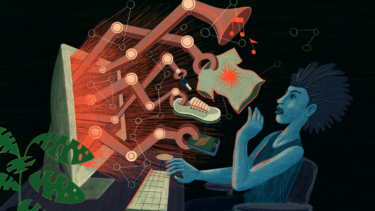
Did Crypto Cause the FTX Collapse?
Yale SOM’s Rick Antle, an accounting scholar who worked on the Bernie Madoff restitution, says that FTX was a toxic combination of a new asset and a failure of corporate controls.

Exploring the Business of Space
Dramatic reductions in payload costs have spurred tremendous innovation in space technologies. John-Paul Menez ’07 warns that the finance, insurance, and legal infrastructure supporting space firms must make similar advances if the sector is going to mature.
